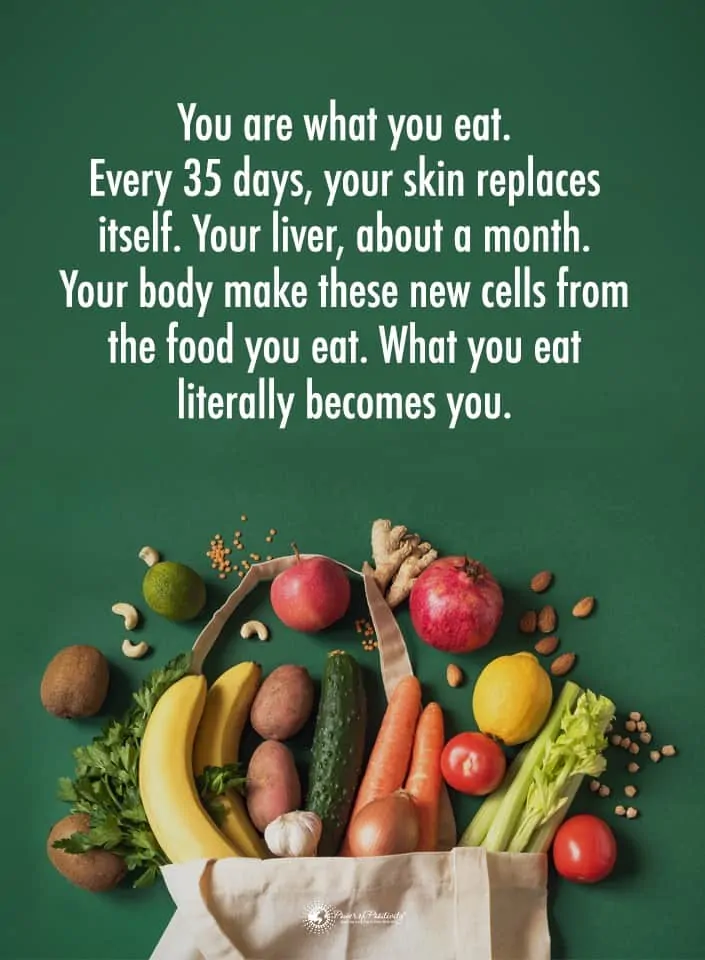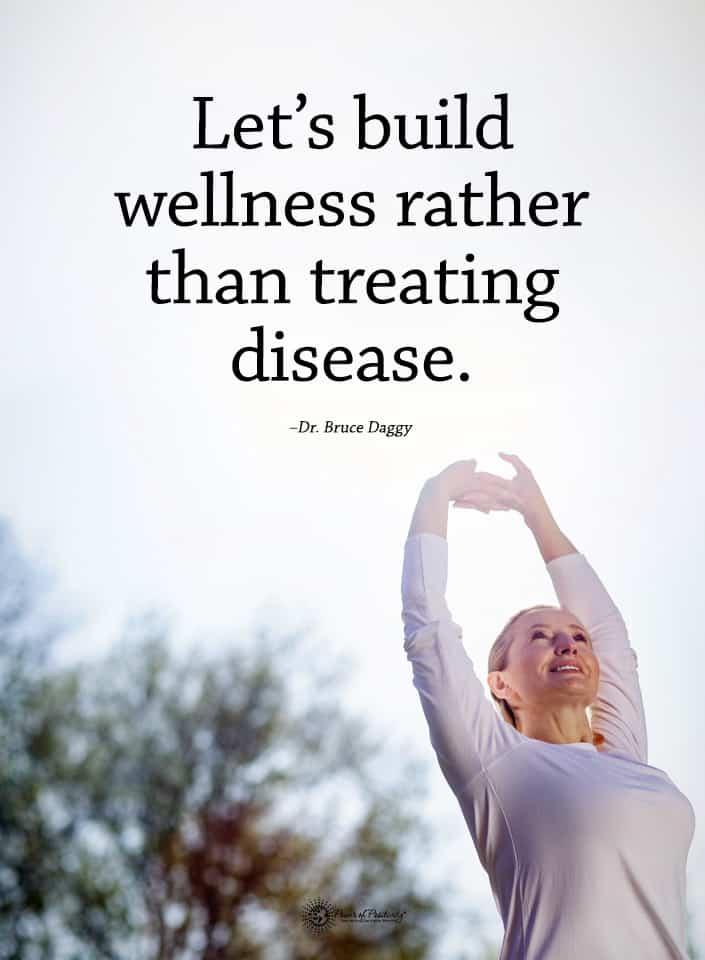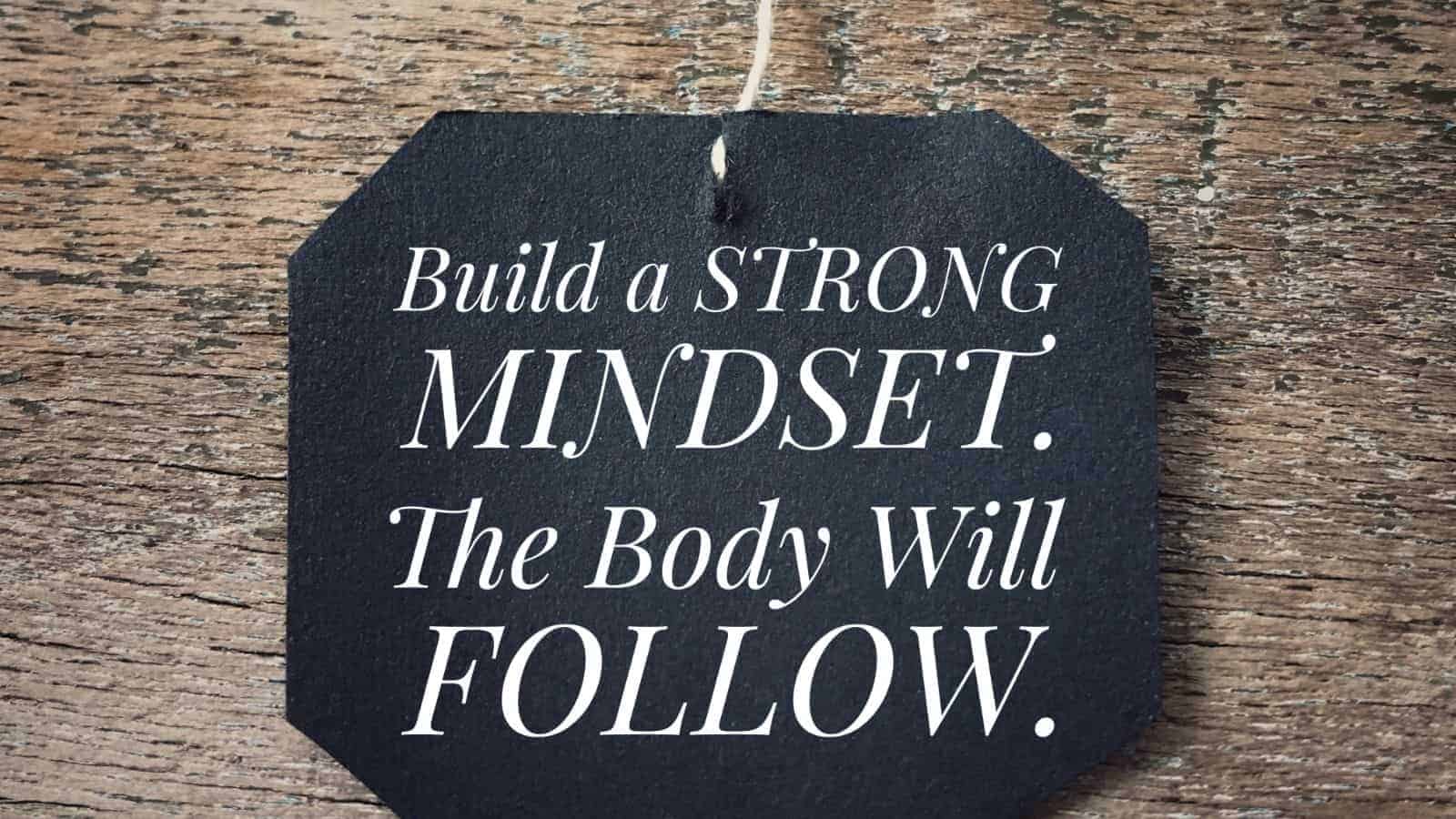You try to eat right and get all of your vitamins and minerals from whole, fresh foods. But vitamin deficiencies can show up as physical symptoms, despite our best efforts to eat right.
We intake vitamins and nutrients from our food as part of our digestion process. Unlike vitamin D, which can be produced by our bodies, B-12 comes only from outside sources into the body. B12 is an essential nutrient that your body uses to produce red blood cells, DNA, and nerves.
B12 and Vegans
Unlike many vitamins, B-12 is not often found in plants. As a result, strict vegans or vegetarians are the most susceptible to B-12 deficiency. One solution is to use fortified products such as fortified soy or nut milk.
Microorganisms like bacteria and fungi can produce B-12. Since bacteria can be found in the soil, foods that come from the soil can have small levels of B-12. If you are scrubbing your vegetables too much, you could be removing this good bacteria.
Foods naturally containing small amounts of B-12 include mushrooms and fermented foods like tempeh. Nori, a type of toasted seaweed, will also give you a B-12 boost. Nutritional yeast can also provide a source of B-12 for vegetarians. Ovo-lacto vegetarians should get enough B-12 from eggs, milk and yogurt. You can check the foods you eat for their B-12 levels in this chart.
A Shot of B12
You may have heard about B-12 injections for increased energy or weight loss. The science behind the effectiveness of these claims is lacking. Basically, taking a single vitamin and expecting to lose weight or triple your energy level is unrealistic.
Should You Supplement?
B-12 supplements come in either liquid or capsule form. You may also see this called cobalamin. If you avoid meat, eggs and dairy, you might be a good candidate for a B-12 supplement.
People who are at risk for B-12 deficiency include the elderly, those with HIV, people who have had weight loss surgery, and people with certain digestive disorders, such as Crohn’s disease, who have difficulty absorbing nutrients.
Pregnant or lactating women have a higher daily requirement for B-12. Due to the need to nourish your child, higher levels of B-12 are usually recommended. Your physician can tell you the right about for you and your baby.
Your diet should give you enough B-12 to avoid health problems, but if you are concerned, ask your doctor for a blood test to check your levels. A good doctor will also be able to recommend a supplement to meet your needs if you are showing signs of B-12 deficiency.
Why B12 is Important
You don’t need much. In fact, the fact the daily requirement for B12 is the lowest of all of the B vitamins. Most adults need only 2.4 micrograms per day. But it is important in many bodily functions. Deficiencies in B-12 can lead to severe health problems.
An extreme deficiency of B-12 can contribute to cardiovascular disease, anemia, stroke, memory loss, incontinence, paranoia, depression and other serious health problems. By knowing the signs of a B-12 deficiency, you can take action to reverse any negative health effects.
Here Are 7 Key Warning Signs of a B12 Deficiency
If you have any of these symptoms, ask your doctor to do a blood test.1. Fatigue
Feeling tired? B-12 is important for aerobic energy in the body. Without enough of this vitamin, our bodies are not getting the oxygen and energy that we need. Lightheadedness is also a sign that you aren’t getting enough B-12.
2. Tingling and Numbness
Losing sensation in hands and feet along with the tingling sensation of pins and needles, could be a sign of a B-12 deficiency. Check with your doctor for blood work to determine the cause.
3. Joint Pain
Severe joint pain that isn’t due to injury or chronic inflammation, like arthritis, could cause alarm. Also, slower reflexes have been observed in B12 deficient patients.
4. Rapid Heartbeat or Breathing
Shortness of breath, heart palpitations, and a rapid heartbeat have all been associated with B12 deficiency. If in doubt, get it checked out.
5. Weakness
In one case study of severe B-12 deficiency, a man had trouble walking due to the weakness that he experienced. In addition to muscle weakness, balance problems and staggering could indicate a problem.
6. Jaundice
Jaundice is a yellowing of skin or whites of the eyes and can indicate several serious medical problems.
7. Swollen tongue
Some patients with B12 deficiency experience an inflammation of the tongue. Other signs related to the mouth include a smooth tongue and a decreased sense of taste.
Seek the attention of your wellness professional if you experience any of these seven signs of B12 deficiency. A doctor can diagnose your deficiency with a simple blood test. Knowing the sources of B12 can help you ensure that you and your family are getting enough and will help prevent potentially serious medical complications.
How much vitamin B12 should you consume daily?
Vitamin B12 keeps your blood and nerve cells healthy and functioning properly, making DNA the genetic material of all your body’s cells. It also prevents anemia, a condition that makes you feel weak and tired. If you’re unsure how much vitamin B12 you should consume, here is a chart to help you.
| Age | Male | Female | Pregnant | Lactation |
| Birth to 6 months | 0.4mcg | 0.4mcg | ||
| 7 to 12 months | 0.5 mcg | 0.5mcg | ||
| 1 to 3 years | 0.9 mcg | 0.9mcg | ||
| 4 to 8 years | 1.2 mcg | 1.2 mcg | ||
| 14-18 years | 2.4 mcg | 2.4 mcg | 2.6 mcg | 2.8 mcg |
| 19+ | 2.4 mcg | 2.4 mcg | 2.6mcg | 2.8mcg |
Certain groups of people don’t get enough B12 because their bodies don’t absorb it properly. These include the following:
- Older adults: As you age, you lose the hydrochloric acid in your stomach that helps you absorb vitamin B12 from your food. If you’re over 50, try to consume foods high in vitamin B12. You can try a supplement, but these aren’t always the most effective way to increase your B12.
- Individuals with autoimmune diseases also have too little hydrochloric acid, making it difficult for them to absorb B12.
- Individuals with pernicious anemia: If you have this condition, your healthcare provider may suggest getting B12 shots for the best absorption.
- People who have had stomach surgery: If you’ve had stomach surgery, for instance, to lose weight, you need extra vitamin B12.
- People with disorders such as Crohn’s disease, celiac disease
- Vegans: If you’re on a strict diet with no animal products, you’ll likely need to take Vitamin B12 supplements plus increase foods that contain it.
What Foods Are Best to Beat a B12 Deficiency?
Vitamin B12 is found naturally in animals such as fresh fish, meat, poultry, eggs, and dairy products. They fortify certain foods with B vitamins to enhance health. Food that is naturally high in vitamin B12 includes these:
- Dairy products
- Eggs
- Fortified cereals
- Fish
- Poultry
- Beef
- Shellfish
- Nutritional yeast
- Fortified non-dairy milk
What Are the Effects of Vitamin B12?
Here are several things doctors know about this vitamin and its effect on your body.
- May help fight cancer: Recent studies show there is growing evidence that B12 and other B vitamins can protect you from certain cancers. The research continues how this happens, but it’s known that B vitamins affect your cell’s function and regulate your immune functions.
- Help fight heart disease: Vitamin B12 reduces blood levels of homocysteine which have been linked to increased risk for certain conditions such as heart attacks and strokes. Even with this proof, it’s not clear whether B12 vitamins can reduce your risk of developing heart problems or having a stroke.
- May help fight dementia: B vitamins may help reduce your risk of getting dementia, but the results have been inconsistent.
- Energy: Adequate amounts of B12 from the foods you eat can help you maintain your energy levels.
Final Thoughts on Beating a B12 Deficiency
Vitamin B12 is an essential vitamin you need for your body. If you notice any of these 7 signs, be sure to talk with your health care provider. They can do tests to determine if you are low in B12. Eating foods that are high in B12 should be enough for you to maintain a healthy level of this vitamin. But, there are certain groups of people who don’t absorb vitamin B12. If you’re in one of these groups, you’ll need a supplement or B12 shots.




















